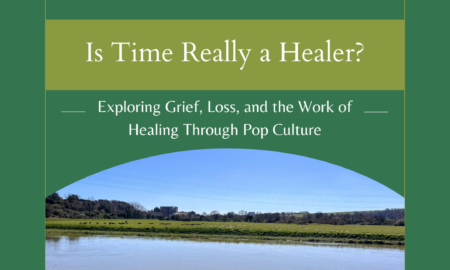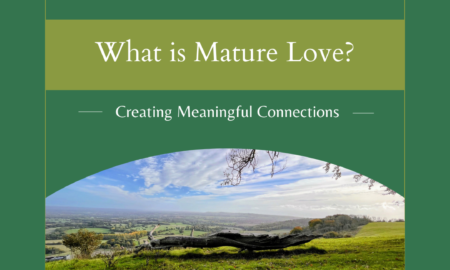Counselling and Psychotherapy

How Does That Make Me Feel? A (qualified) Psychotherapist Reacts to Joshua Fletcher
When I picked up this book, I expected a playful, tongue-in-cheek take on therapy. After all, as psychotherapists, we’re familiar with lines like: “Nothing can make you feel anything…

Is Time Really a Healer?
Pop Culture and Loss I recently finished the Netflix series One Day. (Spoiler alert—if you haven’t seen it yet, you might want to pause here and come back once you…

What is Mature Love?
Creating Meaningful Connections Mature love, what is it? I’m not talking about being 80 years old and holding hands on a walk through the park here. I am talking about…

What Do We Mean by ‘The Self’ in Psychotherapy?
Understanding the Concept of the Self The concept of “the self” is central to psychotherapy, yet it can feel elusive and abstract. As therapists, we often talk about self-awareness, self-development,…

Your Life Story
Your Life Story One of the core theories of Transactional Analysis is the notion of a life script. Put simply, a life script is a pre-conscious life plan that determines…

Improve Your Mental Strength
Ever wondered why some people seem to bounce back effortlessly from life’s curveballs while others struggle to regain their footing? The secret lies in mental strength – that intangible power…

The Early Clues To Adult Personality
As new parents we strive to see early clues in our baby’s temperament to see if we’re able to guess what they may be like as adults. But how far…

Navigating Couples Therapy When Your Partner Isn’t on the Same Page
Deciding to seek couples psychotherapy can be a significant step toward improving your relationship. When you opt for the modality of Transactional Analysis (TA), it demonstrates your commitment to understanding…

Understanding Emotional Intelligence Using Transactional Analysis
Emotional intelligence plays a major role in all our interactions and is based on self-awareness, self-regulation, motivation, empathy and social skills. High levels help us build and foster relationships, defuse…

What To Expect in Couples Therapy
Couples psychotherapy can be a transformative journey, offering couples a chance to address their challenges, enhance communication, and foster a healthier, more fulfilling relationship. When it comes to the modality…

Making the most of your therapy
The therapeutic relationship is unlike any other relationship. The unique structure and premise of the therapist and client relationship is different to our other real world connections. It is therefore…

Your Mental Health During Lockdown
For the last few months, the majority of us have been living with new limitations. This has come with a wide range of complex challenges to our mental health. Freedom…
Ready to Make a Change? Book an Initial Consultation Today
If you have any questions at all about therapy or would like to make an appointment, get in touch. I will usually be able to respond to you within 24 hours.
